The Societal Impact of Pain (SIP)
WHO ARE WE?
ABOUT SIP
The ‘Societal Impact of Pain’ (SIP) platform is a multi-stakeholder partnership led by the European Pain Federation EFIC and Pain Alliance Europe (PAE), which aims to raise awareness of pain and change pain policies.
STAY INFORMED
EU PLATFORM
SIP THEMATIC NETWORK
The Societal Impact of Pain (SIP) Platform aims to achieve improved
care and pain management across the EU, to reduce the societal impact of the disease which touches upon all aspects of life. If you have not yet endorsed the
SIP Joint Statement, there is still time.
NEWSROOM LATEST NEWS
News from the Societal Impact of Pain
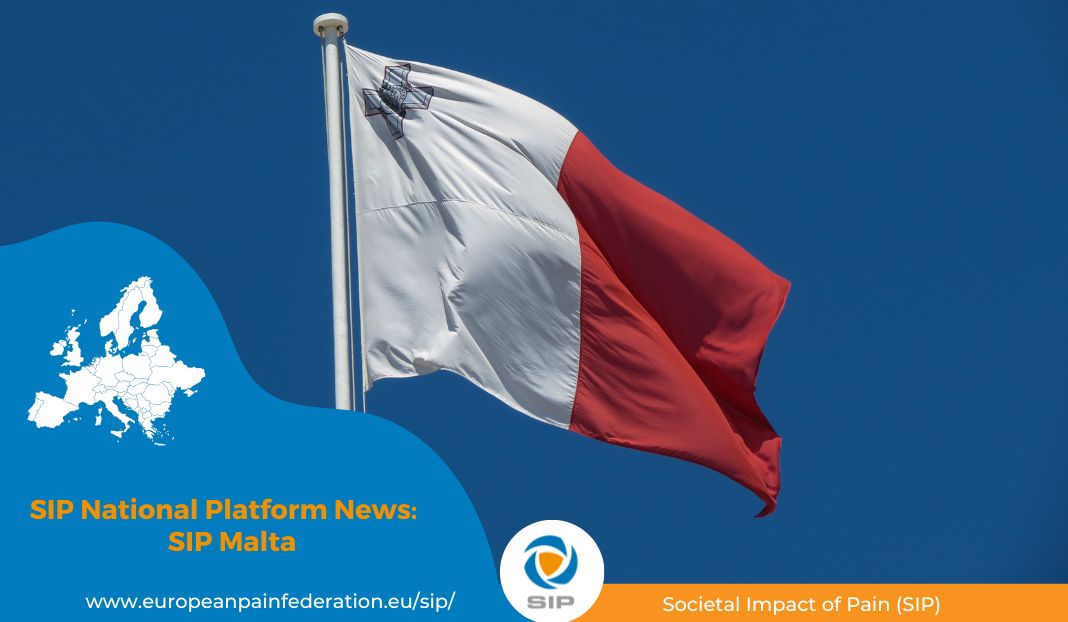
SIP Malta: Available Resources
The Societal Impact of Pain (SIP) Malta Platform launched the 'To Be Seen and To Be Heard “Arani u Ismagħni” Patient...

SIP Spain: New Leadership
The Societal Impact of Pain (SIP) Spain Platform has had a change in leadership. Moving forward, Miren Revuelta and...

SIP France: Available Resources
The Societal Impact of Pain (SIP) France Platform had a meeting with the French government at the SENAT last October...
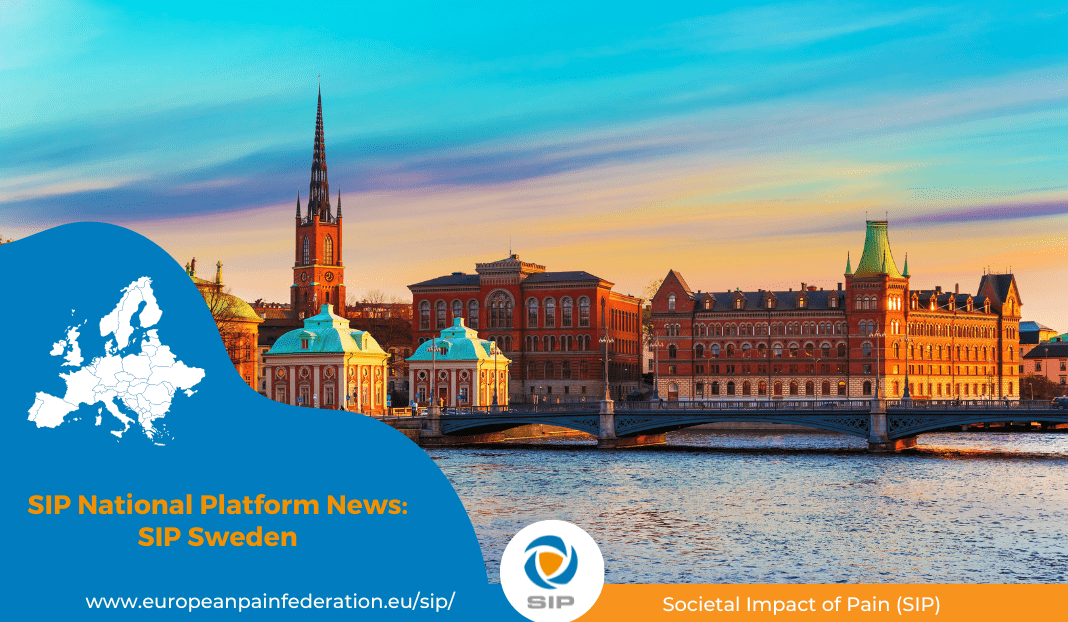
New SIP Platform: SIP Sweden
We are delighted to announce the launch of a new SIP Platform: SIP Sweden! Healthcare professionals and patient...
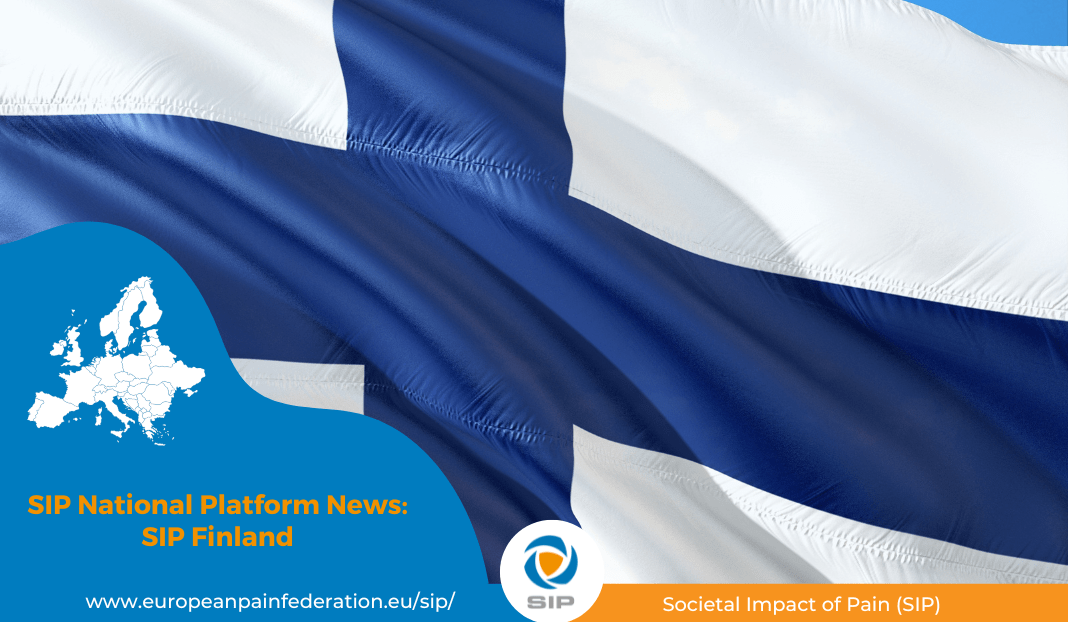
SIP Finland: Updates
SIP Finland shared this insightful article from a meeting that took place in 2019. Published by Lääkärilehti, the...
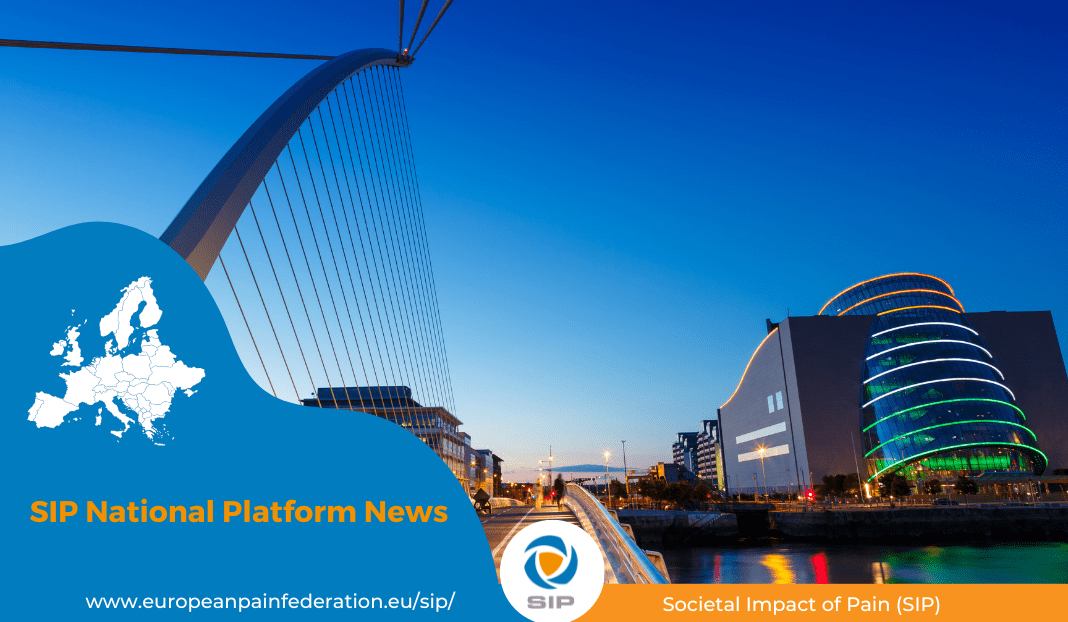
SIP Ireland: Available Resources
The Societal Impact of Pain (SIP) Ireland Platform developed an informative video on chronic pain, if you would like...
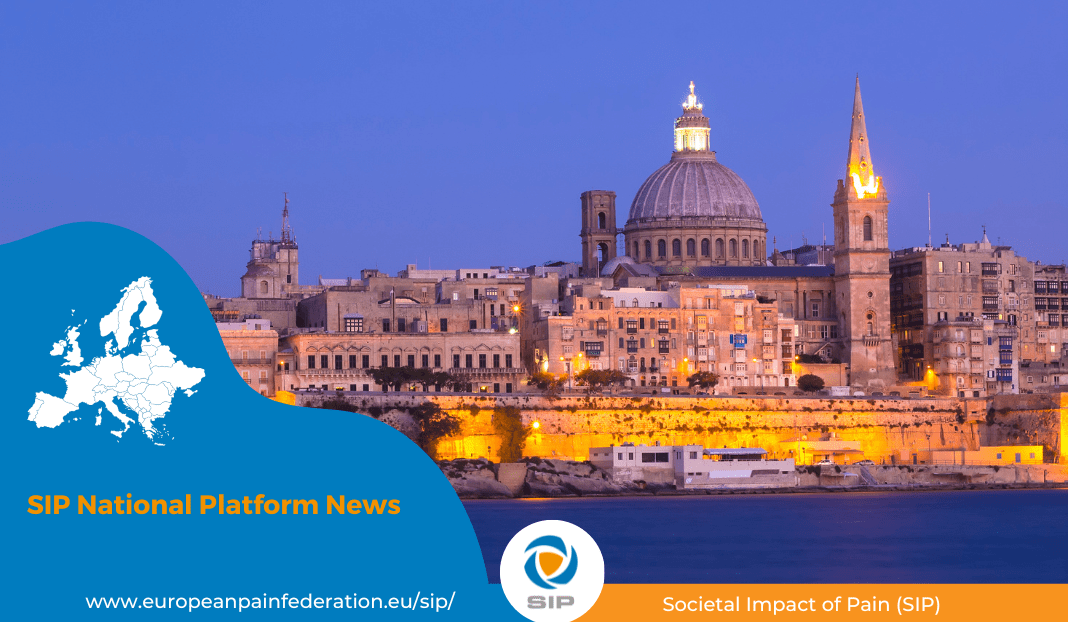
SIP Malta: Available Resources
The Societal Impact of Pain (SIP) Malta Platform, has been working relentlessly throughout the years to raise...